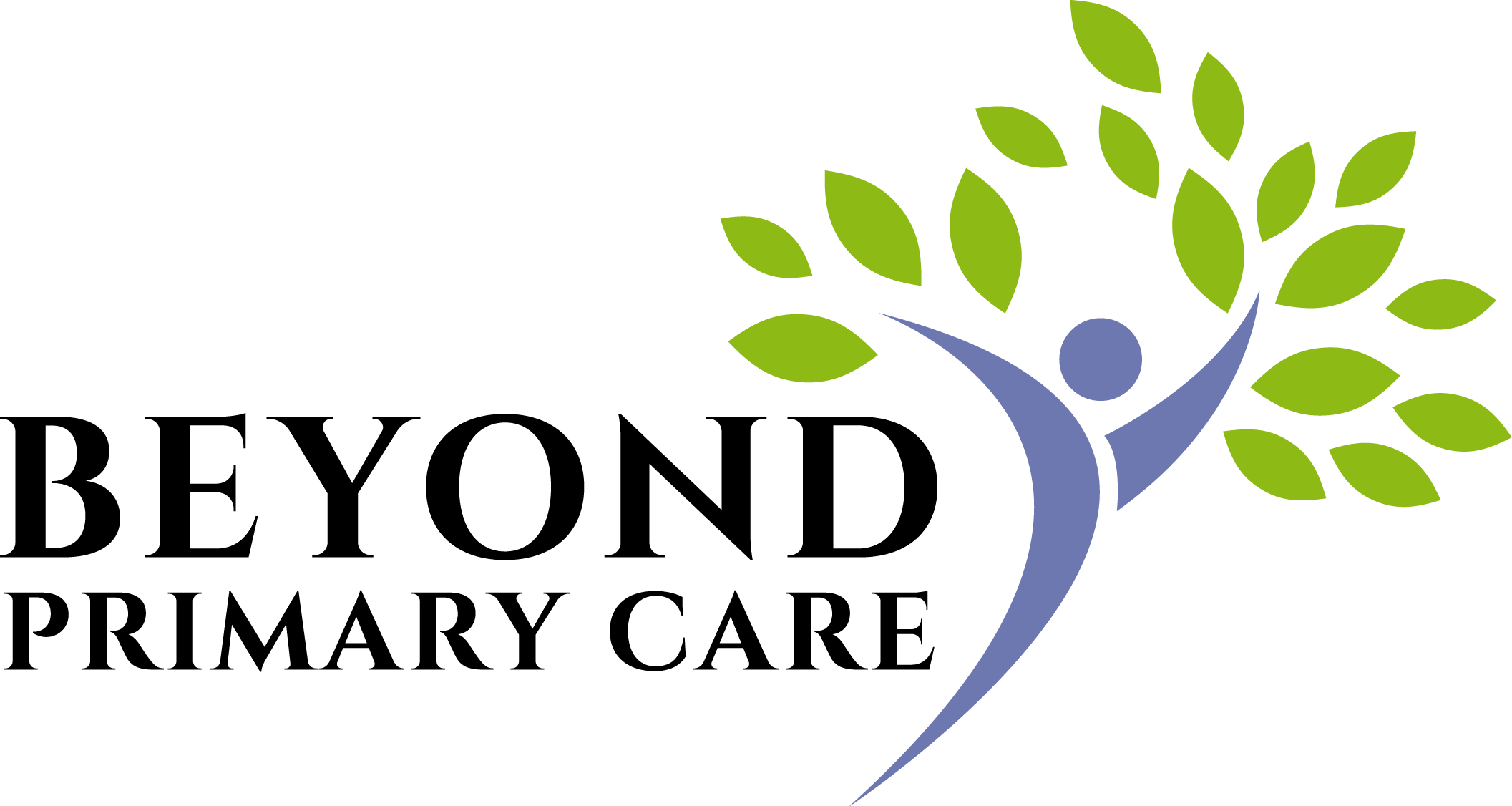Obstructive Sleep Apnea
Obstructive Sleep Apnea
Hi, thank you for coming back for the latest edition of Beyond Primary Cares blog; where I highlight healthy and fun recipes, healthcare news, advice for medical conditions, as well as how membership for care works! Beyond Primary Care is a new approach to family medicine and addiction medicine that creates the time and space your healthcare deserves. Beyond Primary Care is the only Direct Care clinic serving patients in Ann Arbor and throughout Washtenaw, Livingston, and Wayne County giving families and employers peace of mind with healthcare costs by providing affordable, accessible, and authentic primary care services.
The primary purpose of the blog is to introduce healthy lifestyle concepts and answer common questions I receive from patients that I believe are important. I want to start discussions that will help educate, benefit, and improve your well-being.
In this blog post, I wanted to talk about Obstructive Sleep Apnea (OSA).
Your Spouse Says You Snore, a LOT
Everybody snores, right? How bad can it be though? You never hear it.
The changes are gradual, so gradual you may not see the pattern. You finally get tired of the criticism so you make your way to an ear, nose, and throat specialist to tell you have a deviated septum. Maybe they tell you you have a uvula (that dangling skin in your throat) that needs trimming. You consider surgery, but that is a big step.
Eventually you may start getting depressed. Maybe your personal or work relationships start deteriorating. You start to see a therapist who recommends you back to a psychiatrist, who dutifully puts you on a cocktail of anti-depressant medications.
At some point you make it back to your primary care physician, where you relay some of this information during a yearly physical. The spouse says they are worried because you seem to stop breathing at night (Apnea), then suddenly gasp for air followed by resuming your slumber as if nothing had happened.
Your physician says your sleep may be a key to your problems.
Other symptoms of Obstructive Sleep Apnea include:
Excessive and inappropriate daytime sleepiness
Insomnia
Problems with memory and/or concentration
Impotence
Headaches
Fatigue
What Causes Obstructive Sleep Apnea
According to the American Academy of Sleep Medicine, Obstructive Sleep Apnea is a sleep-related medical condition that results in an almost complete blockage of airflow despite your body’s effort to breath. This is caused when the muscles in the pharynx (throat) relax during sleep, allowing all the supporting tissues of the throat to collapse and block the upper airway. These apnea episodes, or pauses, can last between 10 and 30 seconds, but some may progress longer.
This lack of breathing drops your blood oxygen saturation that ultimately sounds an alarm in your brain to cause a temporary arousal from sleep that typically restores normal breathing. This can occur hundreds of time in a single night resulting in poor and episodic sleep quality resulting in the above symptoms.
Diagnosis
You will be advised to undergo a sleep study. This sounds absurd on the face, what doctor would routinely want to observe anyone while they sleep? In fact, you may never see the ‘sleep doctor.’ There are many ‘sleep laboratories’ around the nation, often staffed with sleep technicians where you can have up to 36 separate electrodes placed on you while you are asleep. The laborites sleep technician will likely be helping you with all of this.
I personally encourage my patients to complete home based sleep studies, as example using Somno Services. With Somno Services, they ship all the necessary equipment to you at your home. This allows my patients to complete the assessment in the comfort of their own homes at a fraction of the cost a sleep laboratory would charge, around $175 versus $1,000+ at a sleep clinic. Following completion, you simply repackage the materials and send it back.
After a few days, the sleep doctor will review the data collected and be able to confirm a diagnosis.
Realistic Treatment Options
CPAP therapy (Continuous Positive Airway Pressure) as pictured below is a standard of therapy. Once you have a diagnosis, you will have to get the proper equipment from a medical supply store. Finding a proper fitting mask is key to this.
Wearing an oral or dental appliance can be an alternative to CPAP. Oral devices work by holding the tongue in place or by sliding the jaw forward while you sleep. Again, this is a device that may need some fine-tuning by a trained sleep specialist or supply store.
Surgery. Some surgeons may say that corruption of nasal structures or throat structures can reduce or eliminate extra tissues in your throat preventing the collapse that leads to Obstructive Sleep Apnea. While surgery may indeed help in some cases, I encourage all my patients to review the harms and benefits of the surgery vs non surgical options, ask about success rates, and ultimately factor in costs.
Weight loss. I absolutely hate the old doctor’s adage of ‘eat less and move more.’ Weight shaming is not a motivating strategy. Know though, reductions is weight and ultimately body mass can significantly reduce or even eliminate the weight of the tissue pressing onto the airway. Losing weight, like any other medical condition, requires a multi-dimensional approach including potentially mental imagery and therapy, nutritional support counseling, a safe exercise program, and regular biometric feedback.

